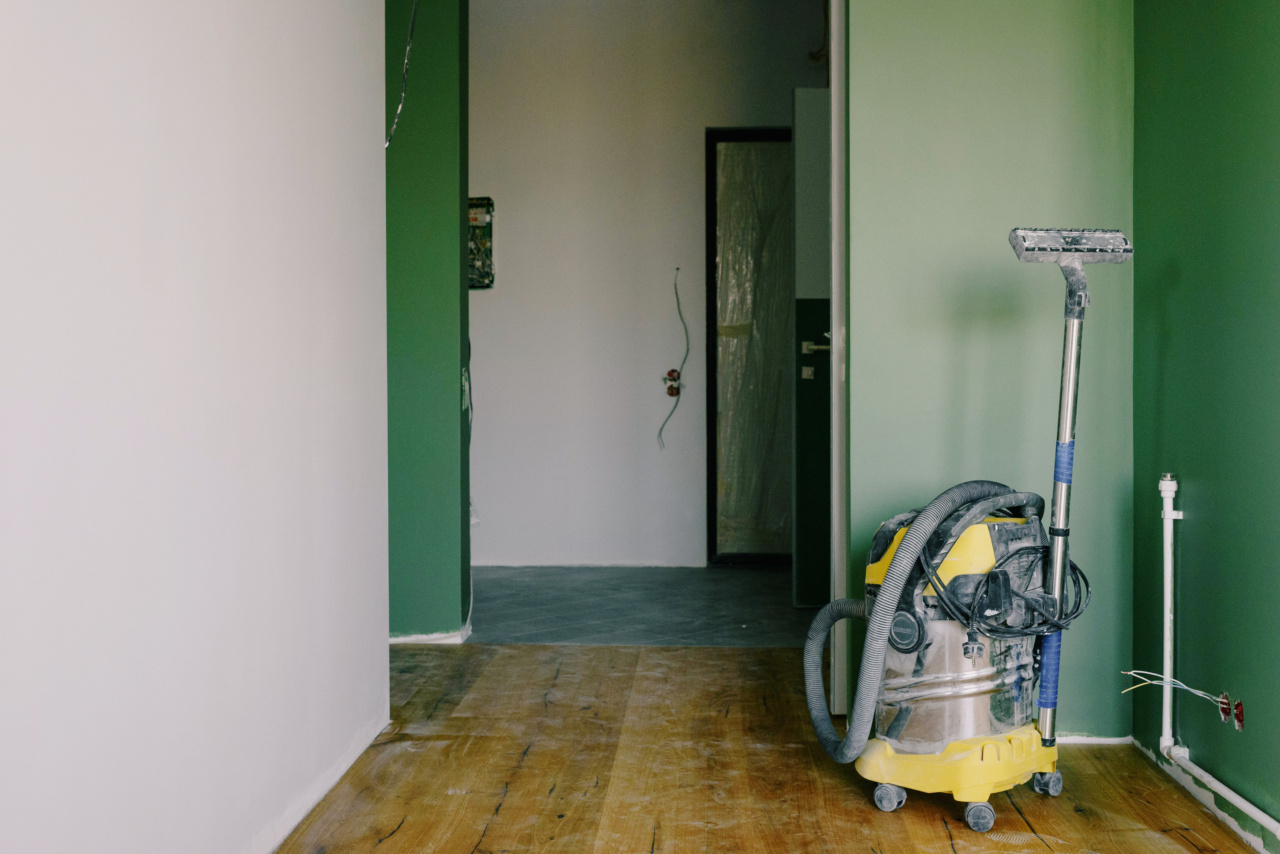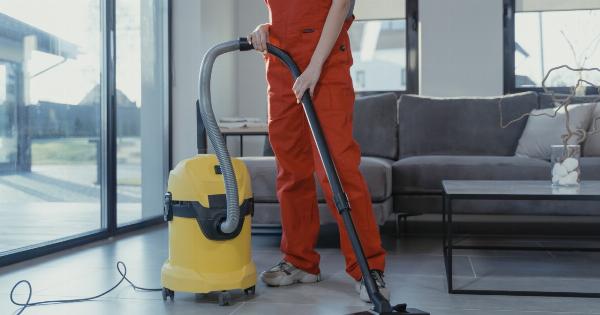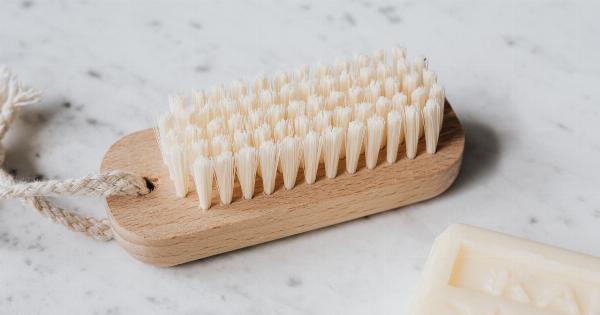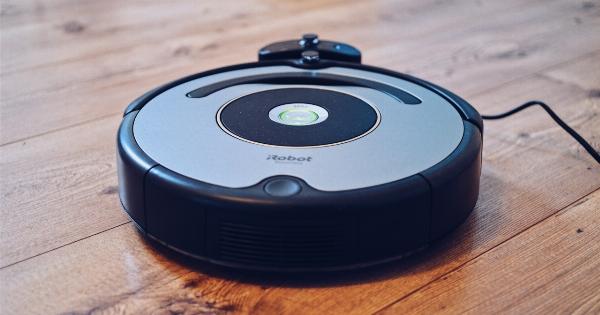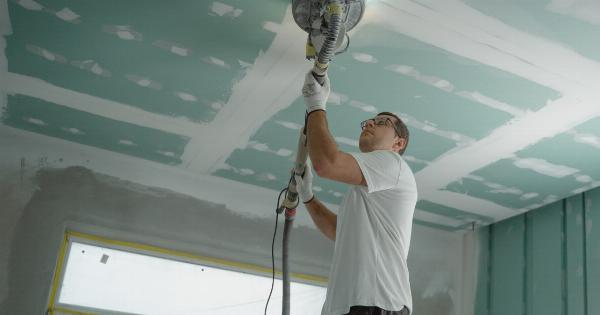Living with allergies can be a constant struggle, especially if you have sensitivities to common household allergens like dust mites, pollen, and pet dander.
These allergens can easily infiltrate your home and trigger allergic reactions, causing discomfort and affecting your overall well-being. One of the most effective tools for managing these allergens is a vacuum cleaner specifically designed for allergy sufferers.
In this article, we will explore the important factors you should know about your vacuum cleaner and its role in alleviating allergies.
Type of Vacuum Cleaners
Before delving into the details, it is important to note that not all vacuum cleaners are created equal when it comes to allergies. Different types of vacuum cleaners have varying levels of efficiency in removing allergens from your home.
Here are a few common types of vacuum cleaners:.
1. Upright Vacuum Cleaners
Upright vacuum cleaners are popular due to their ease of use and versatility. They generally have strong suction power and come with various attachments to clean different surfaces.
However, not all upright vacuum cleaners are effective in capturing allergens. Look for models with a high-efficiency particulate air (HEPA) filter, as these are designed to trap tiny allergen particles and prevent them from recirculating into the air.
2. Canister Vacuum Cleaners
Canister vacuum cleaners consist of a separate power unit and a hose with a nozzle. They are known for their maneuverability and versatility in reaching tight corners and under furniture.
Similar to upright vacuum cleaners, canister models with HEPA filters are ideal for allergy sufferers.
3. Stick Vacuum Cleaners
Stick vacuum cleaners are lightweight and convenient for quick clean-ups.
While they may not have the same suction power as upright or canister models, some stick vacuums now come with HEPA filters, making them suitable for allergy sufferers who need a portable option.
4. Robot Vacuum Cleaners
Robot vacuum cleaners have gained popularity in recent years for their autonomous cleaning capabilities. These devices can navigate your home, collecting dust and allergens along the way.
While some robot vacuums have HEPA filters, their smaller size and limited suction power may not make them as effective as larger, traditional vacuum cleaners.
HEPA Filters
HEPA filters are of utmost importance for allergy sufferers when choosing a vacuum cleaner. These filters can capture microscopic allergen particles as small as 0.3 microns, preventing them from re-entering the air.
When shopping for a vacuum cleaner, ensure that it has a genuine HEPA filter, as some models claim to have “HEPA-like” filters that are less effective in capturing allergens.
Regular Maintenance
Keeping your vacuum cleaner in optimal condition is crucial for effective allergen removal. Here are a few maintenance tips:.
1. Empty the Dust Canister Regularly
If your vacuum cleaner has a dust canister, make sure to empty it frequently, preferably after each use. This prevents the buildup of allergens, ensuring that the vacuum cleaner operates efficiently.
2. Clean or Replace Filters
Check the manufacturer’s instructions for guidelines on cleaning or replacing filters. HEPA filters usually require replacement every six months to maintain their effectiveness. Clean or replace other filters as recommended by the manufacturer.
3. Check for Clogs
Regularly inspect the vacuum cleaner’s hose, nozzle, and attachments for any clogs that may obstruct suction. Clear any debris or dust that may hinder the vacuum cleaner’s performance.
Additional Features to Consider
Aside from HEPA filters and regular maintenance, there are other features you should consider when selecting a vacuum cleaner for allergies:.
1. Allergen Sealing
Some vacuum cleaners have specialized seals and gaskets to prevent allergens from escaping back into the air. This feature is particularly useful for those with severe allergies or asthma.
2. Brush Technology
Look for vacuum cleaners with brush technology specifically designed to agitate and dislodge allergens from carpets and upholstery. These features can improve the overall effectiveness of the cleaning process.
3. Noise Level
While not directly related to allergies, noise level can be an important consideration, especially if you have sensitivities to loud sounds. Look for vacuum cleaners that operate at lower decibel levels to minimize any potential discomfort.
Conclusion
A vacuum cleaner plays a vital role in managing allergies by removing allergens from your home, providing cleaner and healthier living spaces.
When choosing a vacuum cleaner, prioritize models with HEPA filters, perform regular maintenance, and consider additional features that enhance allergen removal. With the right vacuum cleaner, you can significantly reduce the presence of allergens in your home and enjoy a more comfortable, allergy-free environment.
